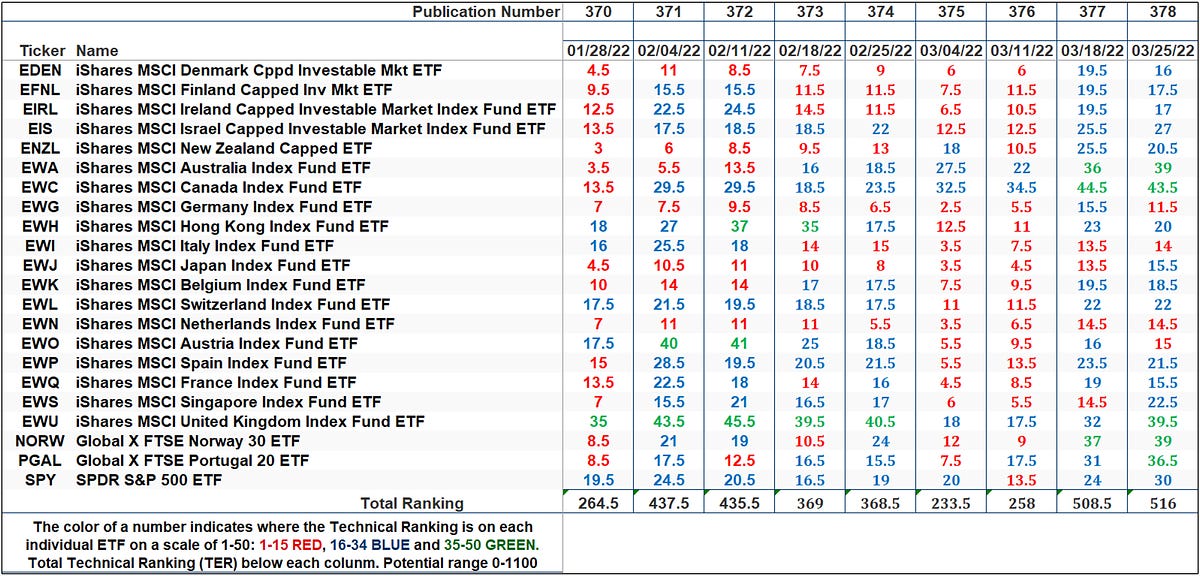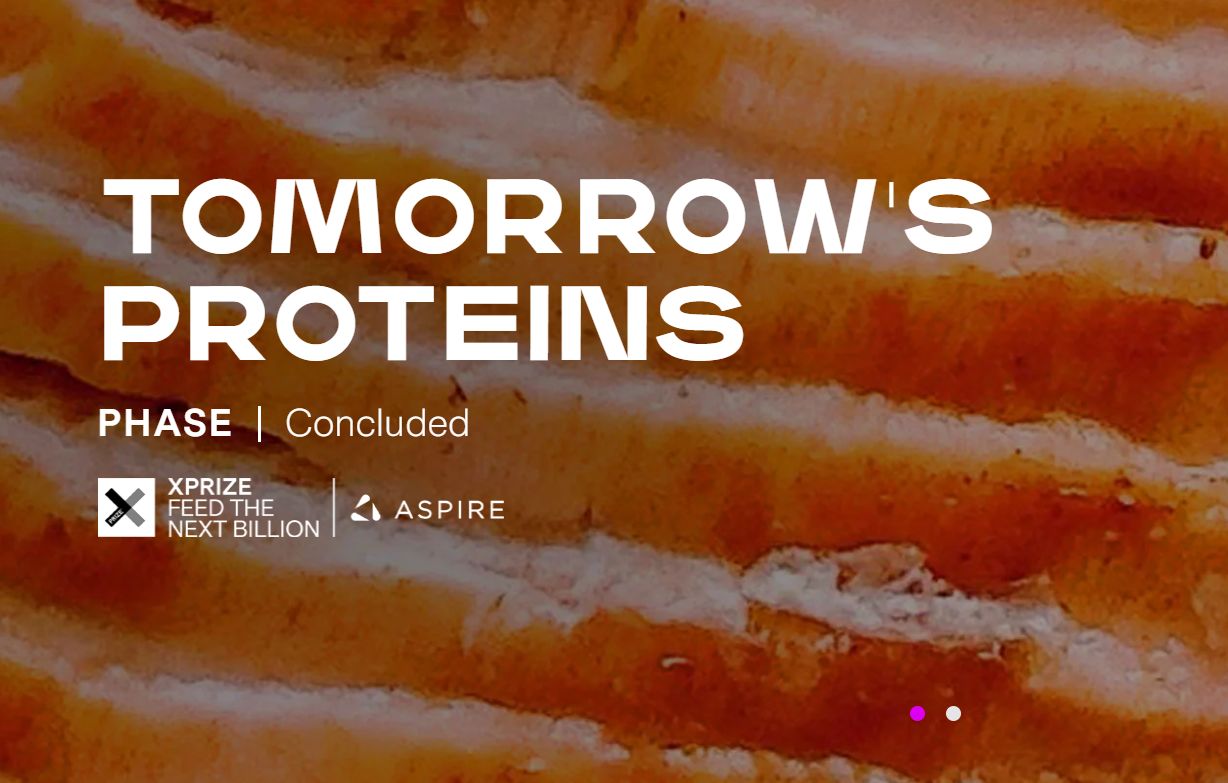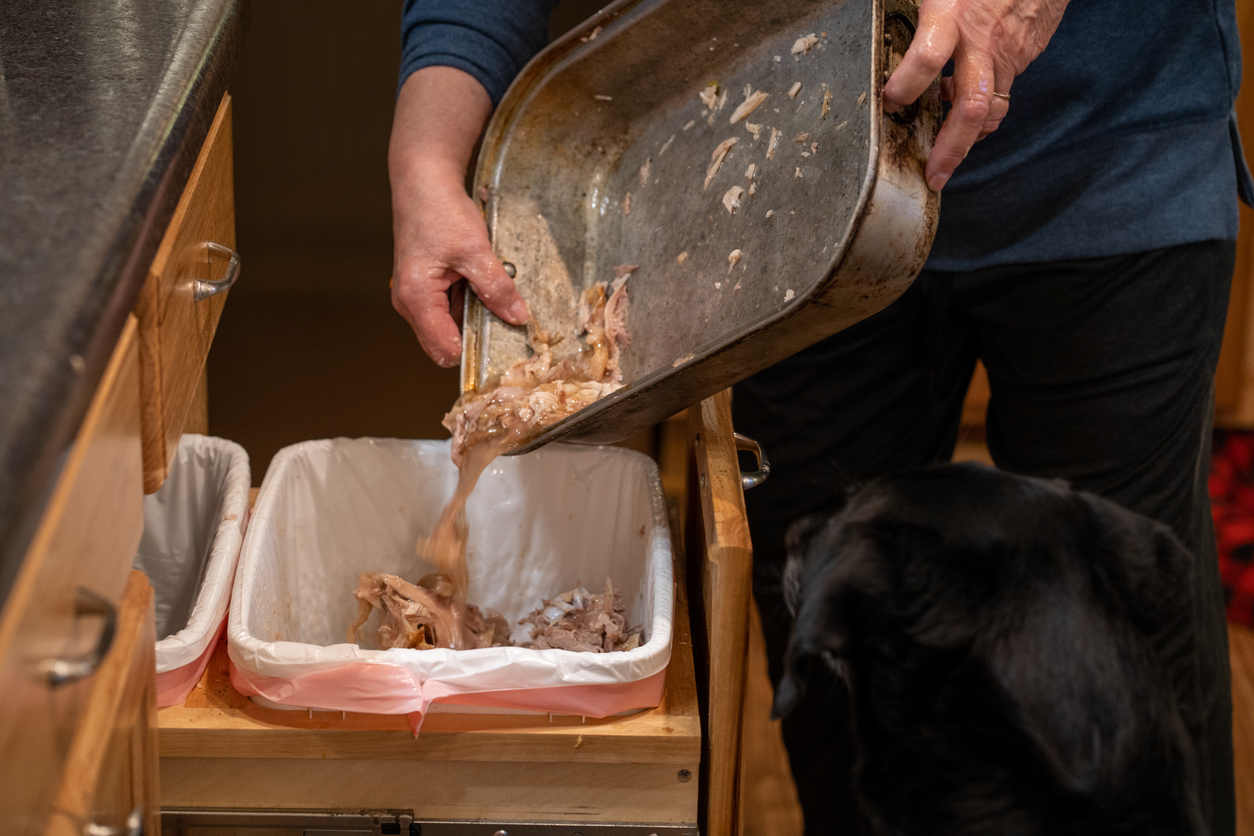Following Kraken’s listings of Akash (AKT), Badger DAO (BADGER), Band Protocol (BAND), Cartesi (CTSI), Covalent (CQT), Energy Web Token (EWT), Aavegotchi (GHST), Injective Protocol (INJ), Mango (MNGO), Star Atlas DAO (POLIS), Rarible (RARI), Ren (REN), Saber (SBR), Serum (SRM), Wrapped BTC (WBTC) and 0x (ZRX) for most countries, Kraken is excited to announce the availability of these tokens for residents of the United States and Canada!
Funding and Trading
Funding and trading are live. Keep an eye on the status page for updates.
You can add these tokens to your Kraken account by navigating to Funding, selecting the asset, and hitting Deposit. Deposits require 20 confirmations (~5 minutes) for all, except for MNGO, POLIS, SBR and SRM (which are near-instant).
All tokens are tradeable on Kraken and the Kraken Pro interface with the following minimum deposits and currency pairs available:
| Asset | Minimum deposit | Price precision | Currency pairs available |
| AKT | 1 | 4 | USD, EUR |
| BADGER | 5 | 3 | USD, EUR |
| BAND | 7 | 3 | USD, EUR |
| CTSI | 30 | 4 | USD, EUR |
| CQT | 5 | 3 | USD, EUR |
| EWT | 1 | USD EUR GBP 3 / BTC 8 | USD, EUR, GBP, BTC |
| GHST | 100 | USD EUR 4 / GBP 2 / BTC 8 | USD, EUR, GBP, BTC |
| INJ | 2 | 3 | USD, EUR |
| MNGO | 8 | 4 | USD, EUR |
| POLIS | 0.4 | 3 | USD, EUR |
| RARI | 3 | USD EUR GBP 2 / BTC 7 | USD, EUR, GBP, BTC |
| REN | 60 | USD EUR GBP 4 / BTC 8 | USD, EUR, GBP, BTC |
| SBR | 20 | 5 | USD, EUR |
| SRM | 0.1 | USD EUR GBP 3 / BTC 8 | USD, EUR, GBP, BTC |
| WBTC | 0.0005 | USD EUR 1 / BTC 5 | USD, EUR, BTC |
| ZRX | 24 | USD EUR GBP 3 / BTC 8 | USD, EUR, GBP, BTC |
Here’s what you need to know about the assets:
Akash (AKT) – Akash Network is a decentralized and open-source cloud computing marketplace, aiming to accelerate deployment for high-growth industries like blockchain and machine learning. Built on the Cosmos software development kit (SDK), Akash helps to pool and reallocate idle computer processing power to customers that need it. AKT is the native token of the Akash network, allowing holders to pay for services and have a say in the governance of the network.
Badger DAO (BADGER) – Badger DAO is an open-source, decentralized autonomous organization (DAO) dedicated to building the necessary products and infrastructure that bring bitcoin (BTC) to DeFi. A developer within Badger DAO can earn a percentage of the fees and BADGER tokens collected for each of their implementations. BADGER also allows token holders to vote on proposed changes to the Badger DAO protocol and its governance structure.
Band (BAND) – Band Protocol is a cross-chain data oracle platform that supplies real-world data to blockchain-based decentralized applications (dApps). Band Protocol helps to connect APIs to smart-contracts in order to facilitate the exchange of information between on-chain and off-chain data sources. BAND tokens incentivize all network participants to act truthfully and maintain agreement on the validity of information kept on the Band Protocol.
Cartesi (CTSI) – Cartesi is Layer 2 blockchain scaling solution that enables the development of decentralized applications (dApps) across multiple blockchains. Cartesi allows the smart contracts powering dApps to be written with more familiar languages and toolkits, such as C++, Python and SQL. CTSI tokens serve as the network’s utility token, allowing users to pay for fees and to earn rewards for helping to secure the network through staking.
Covalent (CQT) – Covalent is a software that indexes and stores smart contract, wallet, block and transaction data from multiple blockchains including Ethereum, Avalanche and Polygon. Covalent’s API helps developers easily access billions of blockchain data points, which they can use to develop innovative blockchain projects and applications. CQT serves as the reward for participants who contribute to various services on the network as well as the governance token that allows holders to vote on proposed changes to the network.
Energy Web Token (EWT) – Energy Web Token is the cryptocurrency behind Energy Web Chain, an open-source platform designed to support the development of energy sector applications by building a more traceable, democratized and decarbonized energy system. Energy Web Chain aims to provide the digital infrastructure that connects grid operators, customers, and physical assets like solar panels, thermostats and electric vehicles. Energy Web Token (EWT), the native utility token of Energy Web Chain, is used to compensate key network operators and allows those who hold EWT to pay for decentralized application services built on the platform.
Aavegotchi (GHST) – Aavegotchi is a crypto collectibles game that allows participants to stake tokens with Aavegotchi avatars, which are represented as NFTs, and interact with the Ethereum-based digital universe. The Aavegotchi avatars are represented as ghosts and their value is determined by their physical traits, amount of staked tokens and other unique factors. The GHST tokens behind the game are used to purchase special in-game items such as avatar wearables and to participate in the decentralized autonomous organization that governs the future development of the Aavegotchi experience.
Injective Protocol (INJ) – Injective Protocol is an orderbook-based decentralized exchange (DEX) protocol that offers advanced trading features such as cross-chain margin trading, derivatives, forex and more. Injective is built as a Layer 2 application within the Cosmos blockchain infrastructure, but also offers a bridge to the Ethereum ecosystem. INJ tokens are rewarded to market makers who source trading orders and allow holders to vote on proposals that will shape the future of the protocol, such as new trading pairs or governance procedures.
Mango (MNGO) – Mango offers a single interface for cryptocurrency traders to execute margin trades on the Serum decentralized exchange and to execute perpetual future trades with leverage on the market’s own orderbook-based exchange. Mango leverages the capabilities of the Solana network to offer lower latency speeds and transaction costs than similar protocols. MNGO is the protocol’s governance token that grants holders access to the Mango DAO, where they can propose and vote on changes to the Mango service.
Star Atlas DAO (POLIS) – Star Atlas is a Solana-based play-to-earn blockchain game that takes place in a distant Sci-Fi universe. Star Atlas challenges players to explore the universe and collect precious resources that help to level up their in-game capabilities. The POLIS token, one of the game’s two native cryptocurrencies, serves as a governance token that allows holders to have a voice in both in-game events and overall governance of the Star Atlas metaverse.
Rarible (RARI) – Rarible is a software that allows digital artists and creators to issue and sell custom assets, whose ownership is tracked on the blockchain using non-fungible tokens (NFTs). Rarible is a marketplace that links NFT sellers with buyers who wish to own these unique pieces of digital art. RARI tokens, the native cryptocurrency of the Rarible marketplace, allows holders to vote on proposed changes to the platform and have a voice in the curation of featured artwork.
Ren (REN) – Ren is a protocol that aims to foster greater interoperability and liquidity across decentralized finance (DeFi) services on different blockchain networks. Ren allows anyone to lock their crypto assets (like Bitcoin) in a smart contract, and in return, receive an equivalent value of tokens on a different blockchain network — all without having to sell the underlying tokens. Ren’s cryptocurrency, REN, is needed to pay for operations on the Ren network.
Saber (SBR) – Saber is a cross-chain stablecoin and wrapped assets exchange powered by the Solana blockchain. Saber uses an automated market maker (AMM) mechanism which allows traders to take advantage of arbitrage trading strategies between similarly priced assets without experiencing high slippage. SBR holders are able to vote on proposed changes to Saber within their project’s governance structure.
Serum (SRM) – Serum is a decentralized exchange (DEX) built on the Solana blockchain. Serum operates an orderbook model that matches buy and sell orders at near-instant speeds with low transaction costs compared to other decentralized exchanges. SRM, the native cryptocurrency of the exchange, allows holders to receive a discount on the fees they pay for executing transactions on the exchange, which are also paid with SRM, and to participate in the project’s governance mechanism.
Wrapped Bitcoin (WBTC) – WBTC allows Ethereum applications to integrate a cryptocurrency backed by real bitcoin reserves. In this way, WBTC operates as a bridge between bitcoin and Ethereum, allowing Bitcoin users to access decentralized finance (DeFi) applications and for Ethereum applications to gain additional liquidity. WBTC allows its holders to gain exposure to the world’s largest cryptocurrency and utilize it across the Ethereum ecosystem.
0x (ZRX) – 0x offers a secure, non-custodial way to trade Ethereum-based assets. 0x offers open standards and common building blocks for blockchain developers that are interested in building exchange functionality within the decentralized applications. ZRX tokens are used to pay liquidity taker fees and to participate in the governance of the 0x ecosystem.
Will Kraken list more assets?
Yes! But our policy is to never reveal any details until shortly before launch – not even which assets we are considering. All of Kraken’s listed tokens are available on our website, and all future tokens will be announced on Kraken’s blog and social media profiles. Our client engagement specialists cannot answer any questions about which assets we may be listing in the future.
Trade with caution
There is no guarantee that a limit order will execute. There is also no guarantee of executing at a certain price for a market order. The availability and liquidity of the particular digital asset will impact these types of orders.
Listing an asset or token for trade is not a recommendation to buy, sell, or participate in the associated network. Do your own research and invest at your own risk.






